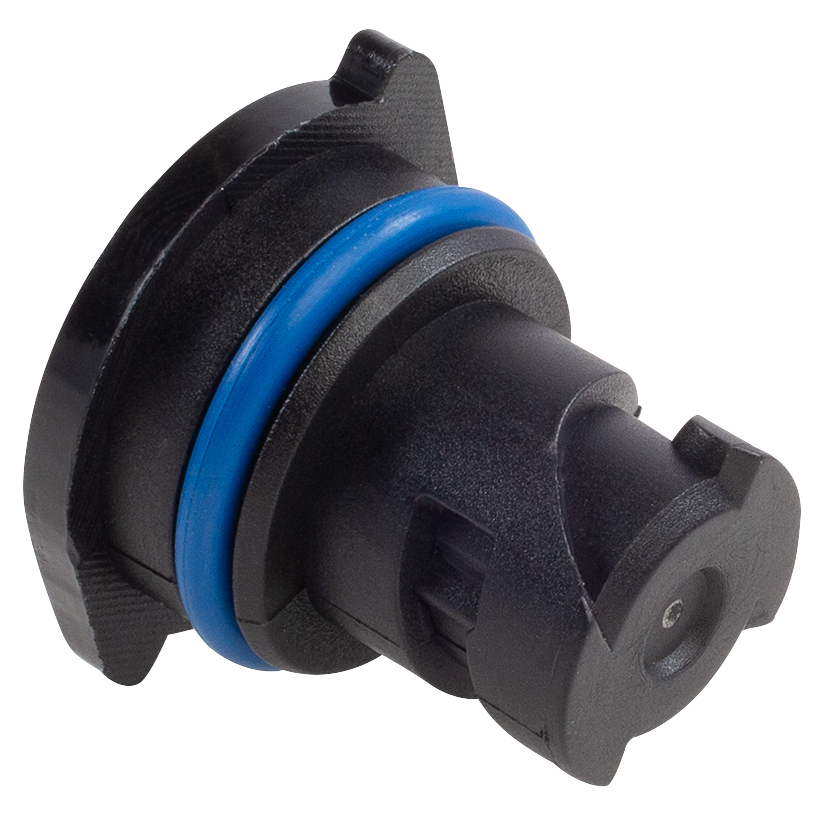Oil Seal Production Techniques and Best Practices for Enhanced Performance and Durability
The Essential Role of Oil Seal Manufacturing in Modern Industries
Oil seal manufacturing plays a crucial role in various industries, providing essential components that ensure the smooth operation of machinery and equipment. Oil seals, also known as radial shaft seals, are designed to prevent the leakage of lubricants while keeping contaminants such as dust and moisture out of machinery. Their efficiency and reliability are vital for enhancing the longevity and performance of mechanical systems in sectors like automotive, aerospace, pharmaceuticals, and manufacturing.
The Importance of Oil Seals
Oil seals are pivotal in maintaining the integrity of rotating shafts in engines, gearboxes, pumps, and motors. These components not only reduce the risk of lubricant loss but also protect the internal mechanisms from external elements that could lead to wear and tear. By sustaining the optimal performance of lubricants, oil seals contribute significantly to the overall efficiency of machines, reducing downtime and maintenance costs.
In automotive applications, for example, oil seals are found in every vehicle, ensuring that engine oil remains contained within the system. Their failure could lead to severe engine damage and costly repairs. Likewise, in industrial machinery, oil seals prevent oil from leaking into environments where it could cause hazards or contamination, making them essential for compliance with environmental regulations.
Manufacturing Process of Oil Seals
The manufacturing process of oil seals involves several key stages, including material selection, design, production, and quality control.
The choice of materials is critical in oil seal manufacturing, as the seals must withstand various pressure, temperature, and chemical conditions. Common materials include elastomers such as Nitrile, Viton, and silicone rubber, each offering different advantages depending on the specific application. The right material ensures that the oil seal maintains its flexibility and resilience over time.
oil seal manufacturing

2. Design
Designing an oil seal requires careful consideration of its application. Engineers must account for factors such as shaft size, operating pressure, and the type of lubricant used. Advanced computer-aided design (CAD) software is often utilized to create precise models, ensuring that seals fit correctly within their designated assemblies.
3. Production
The production process involves molding, machining, and sometimes vulcanizing the selected materials to produce the final product. Precision is paramount, as any deviations in size or shape can lead to inefficient sealing and potential failure. High-quality manufacturing equipment and techniques are employed to achieve the necessary tolerances and surface finishes.
4. Quality Control
After production, rigorous quality control is essential to ensure that each oil seal meets industry standards. Testing for durability, flexibility, and resistance to chemical and thermal degradation is conducted to verify performance capabilities. This step is vital, as reliability directly impacts the safety and functionality of the equipment in which the seals are used.
Conclusion
In conclusion, oil seal manufacturing is a fundamental aspect of modern industrial operations. As industries continue to evolve, the demand for high-quality, reliable oil seals will only increase. Manufacturers must focus on innovation and quality assurance to meet the growing needs of various sectors. By investing in advanced materials and manufacturing techniques, the oil seal industry can contribute to more efficient, safer, and environmentally friendly equipment, ensuring that machinery operates smoothly for years to come. This commitment to excellence in oil seal production not only enhances operational performance but also plays a vital role in sustaining industrial advancement in today's economy.
-
Simplifying Oil Changes: A Comprehensive Guide to Oil Drain Plugs and Their Variants
News Aug.04,2025
-
Mastering Oil Drain Maintenance: Solutions for Stripped, Worn, and Upgraded Oil Plugs
News Aug.04,2025
-
Fixing Oil Pan Plug Issues: Leaks, Stripped Nuts, and the Right Replacement Solutions
News Aug.04,2025
-
Everything You Need to Know About Oil Drain Plugs: Sizes, Fixes, and Upgrades
News Aug.04,2025
-
Choosing the Right Oil Drain Plug: A Guide to Sizes, Materials, and Drain Innovations
News Aug.04,2025
-
A Complete Guide to Automotive Drain Plugs: Types, Problems, and Innovative Solutions
News Aug.04,2025
-
The Ultimate Guide to Car Repair Kits: Tools and Essentials Every Driver Should Own
News Aug.01,2025
Products categories















